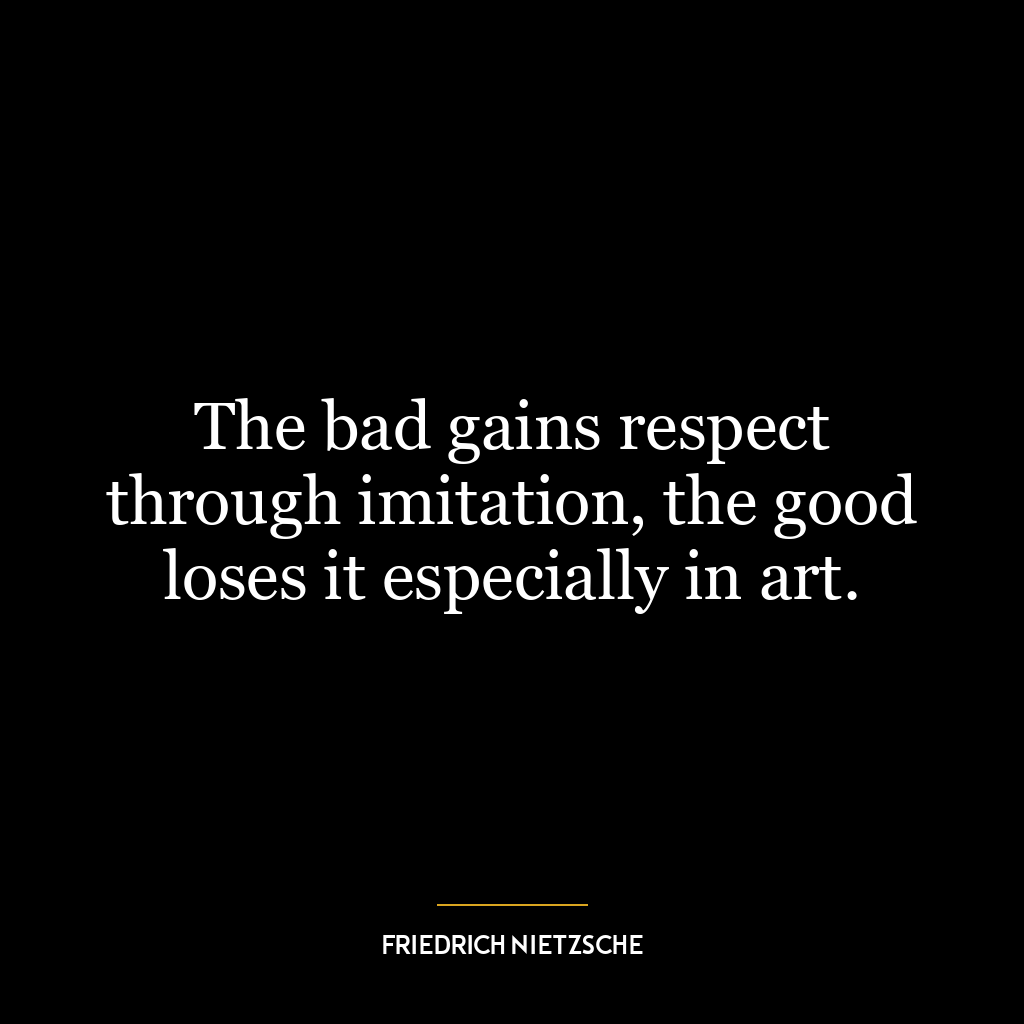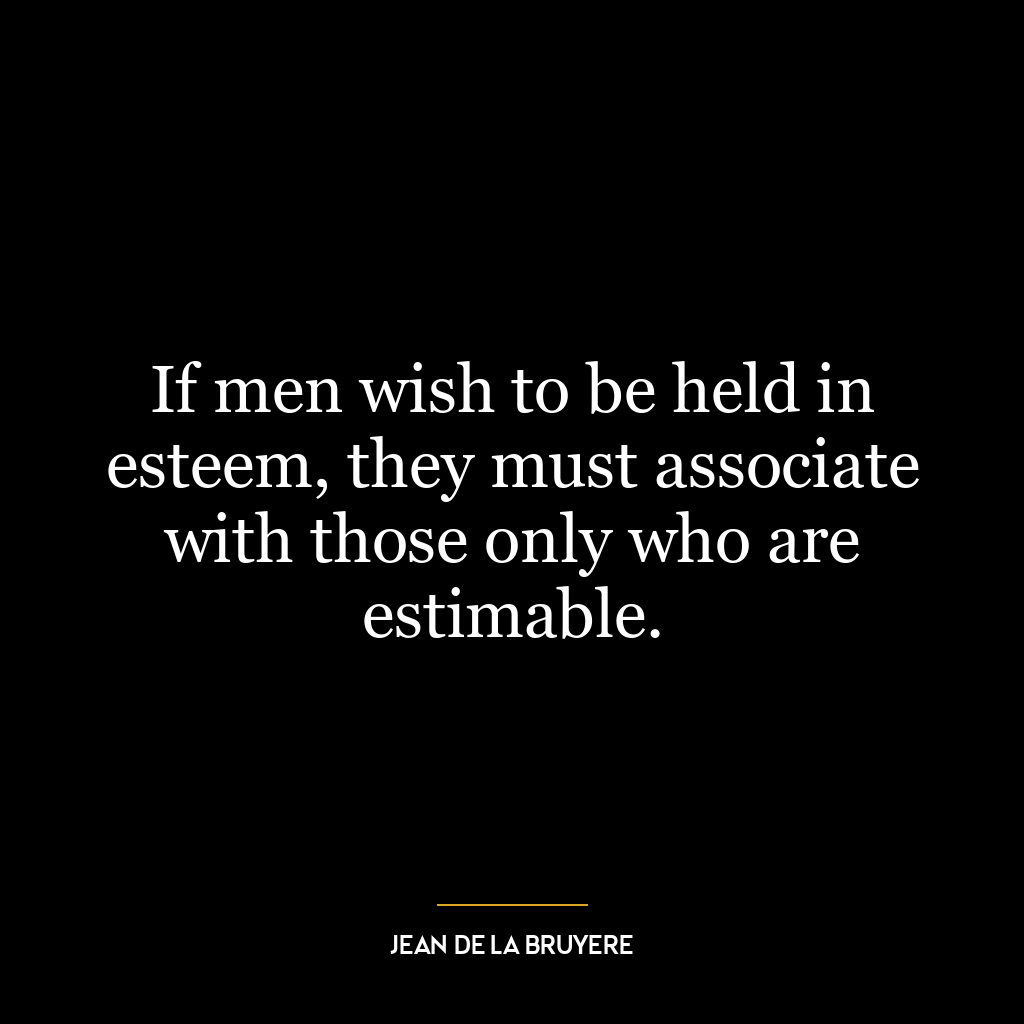It is against the spirit of ahimsa to overawe even one person into submission.
This quote is a reflection of the philosophy of Ahimsa, which is a concept deeply rooted in Indian philosophies, particularly in Buddhism, Hinduism and Jainism. It emphasizes non-violence and respect towards all living beings. Gandhi’s interpretation of Ahimsa goes beyond physical non-violence; it also encompasses psychological and emotional non-violence.
In this quote, Gandhi suggests that using power or influence to force someone into submission goes against the principle of Ahimsa. In essence, he opposes any form of dominance or control that suppresses another person’s free will or autonomy. This includes not only physical coercion but also manipulation, intimidation or exploitation.
Applying this idea to today’s world could mean promoting dialogue over aggression in resolving conflicts—be it between nations, within communities or even within families. This might involve actively listening to others’ perspectives and finding mutually beneficial solutions rather than imposing one’s own views.
In terms of personal development, embracing this philosophy would mean cultivating empathy and respect towards others’ rights and feelings. It encourages us not to assert our will on others but instead foster an environment where everyone feels safe expressing their opinions without fear of being dominated or manipulated.
Furthermore, it can be applied in leadership contexts as well – leaders who practice Ahimsa would create environments where team members feel valued for their unique contributions rather than feeling pressured into conformity. Such leaders inspire cooperation rather than enforce compliance.
Gandhi’s words remind us that real strength lies not in overpowering others but in empowering them—a message as relevant today as it was during his time.








